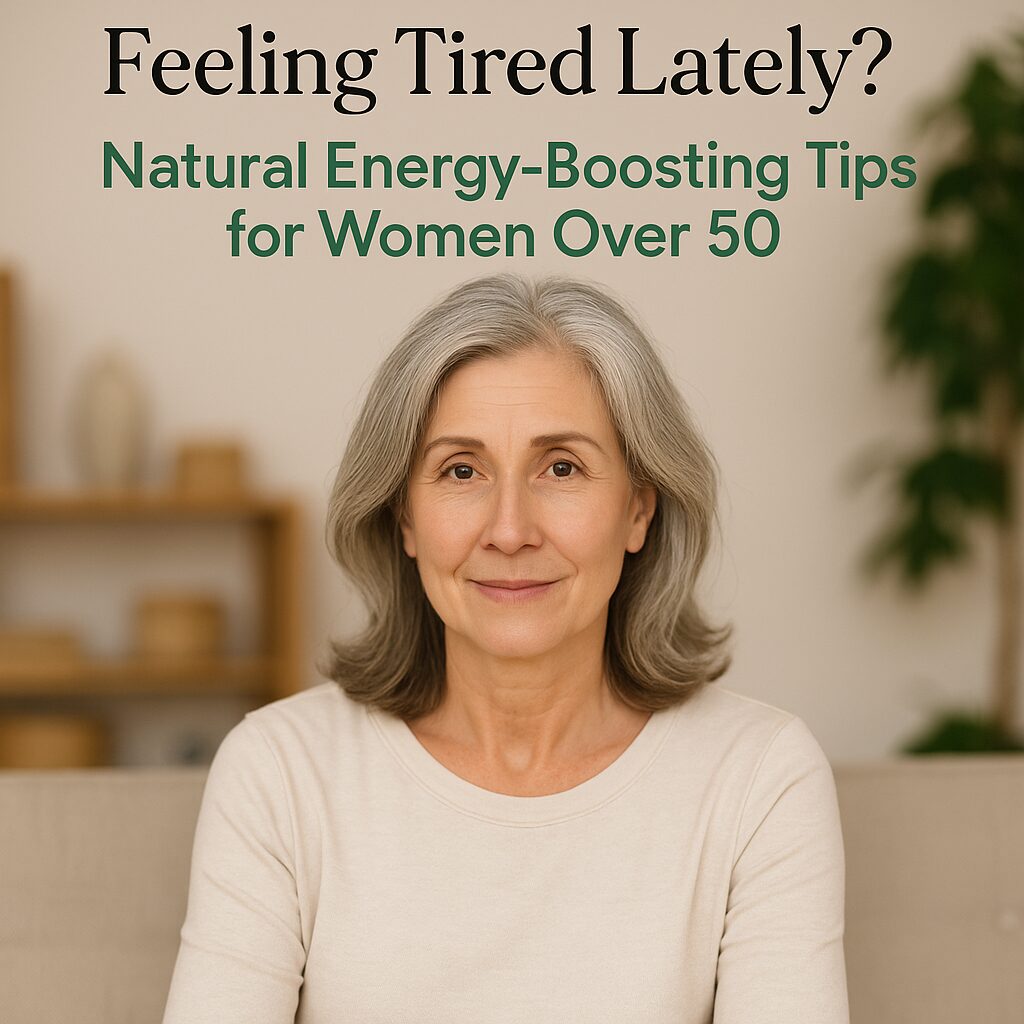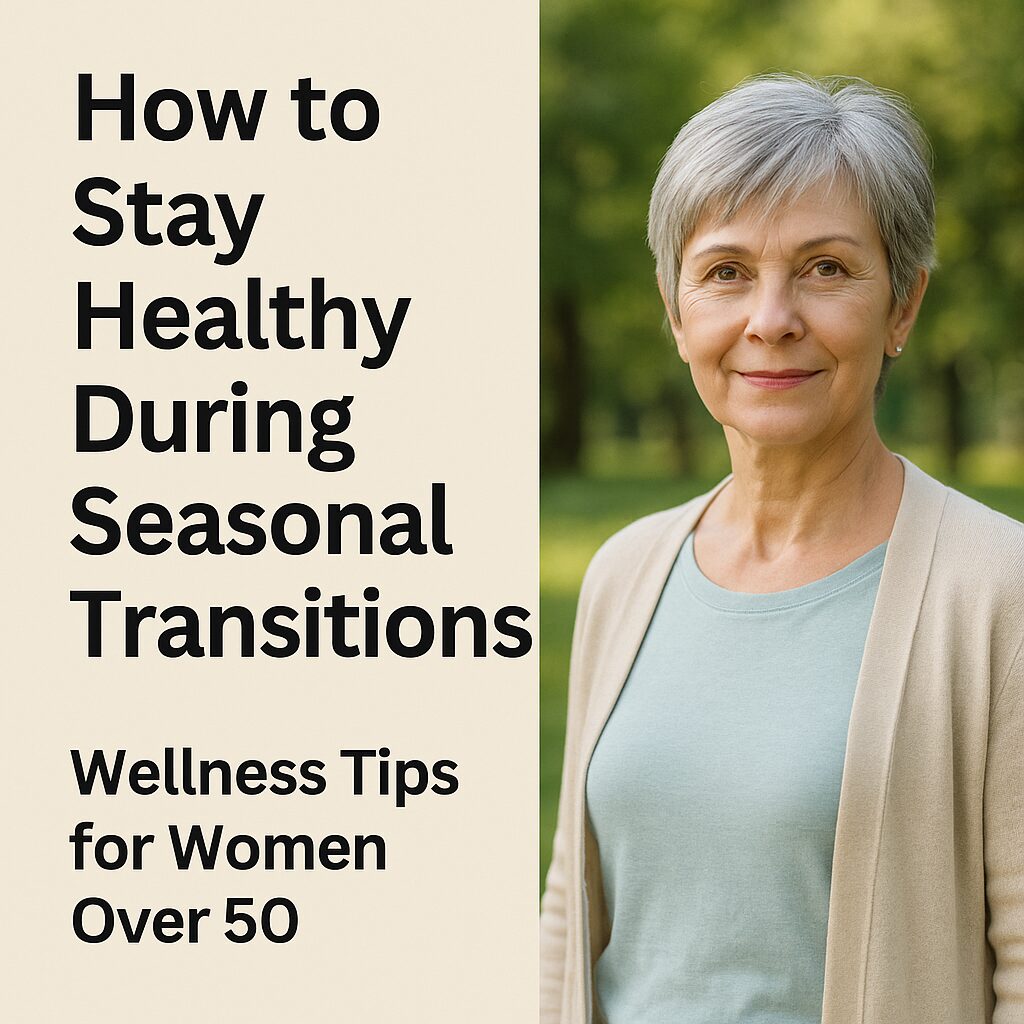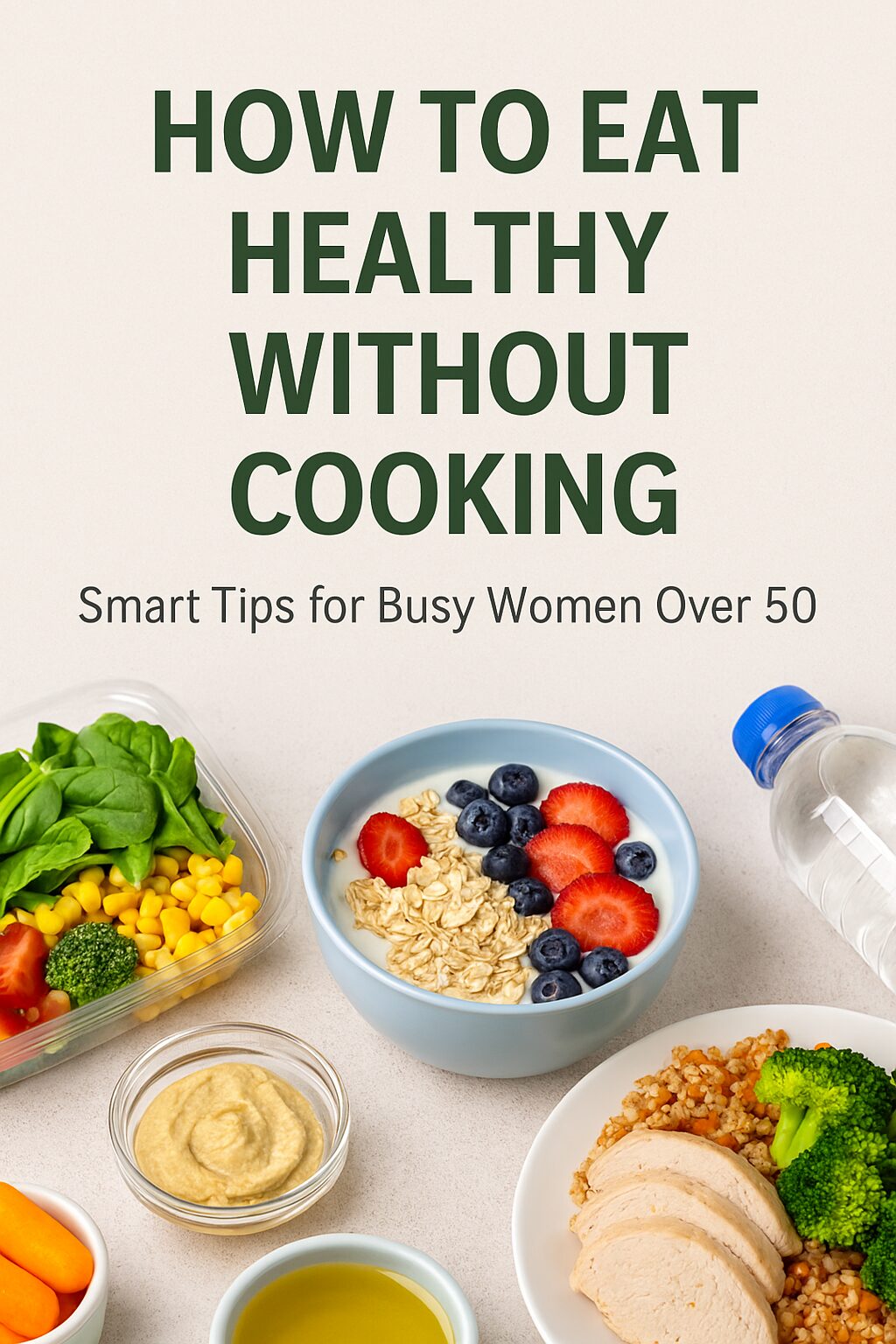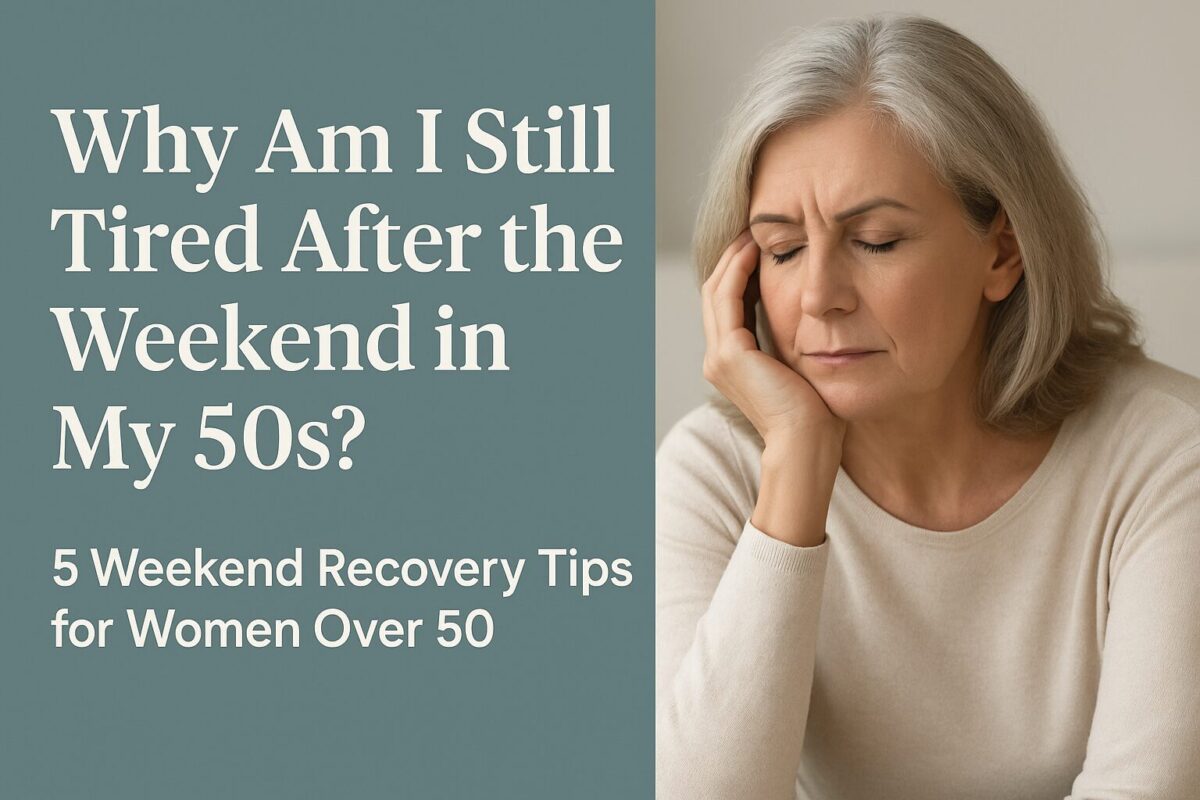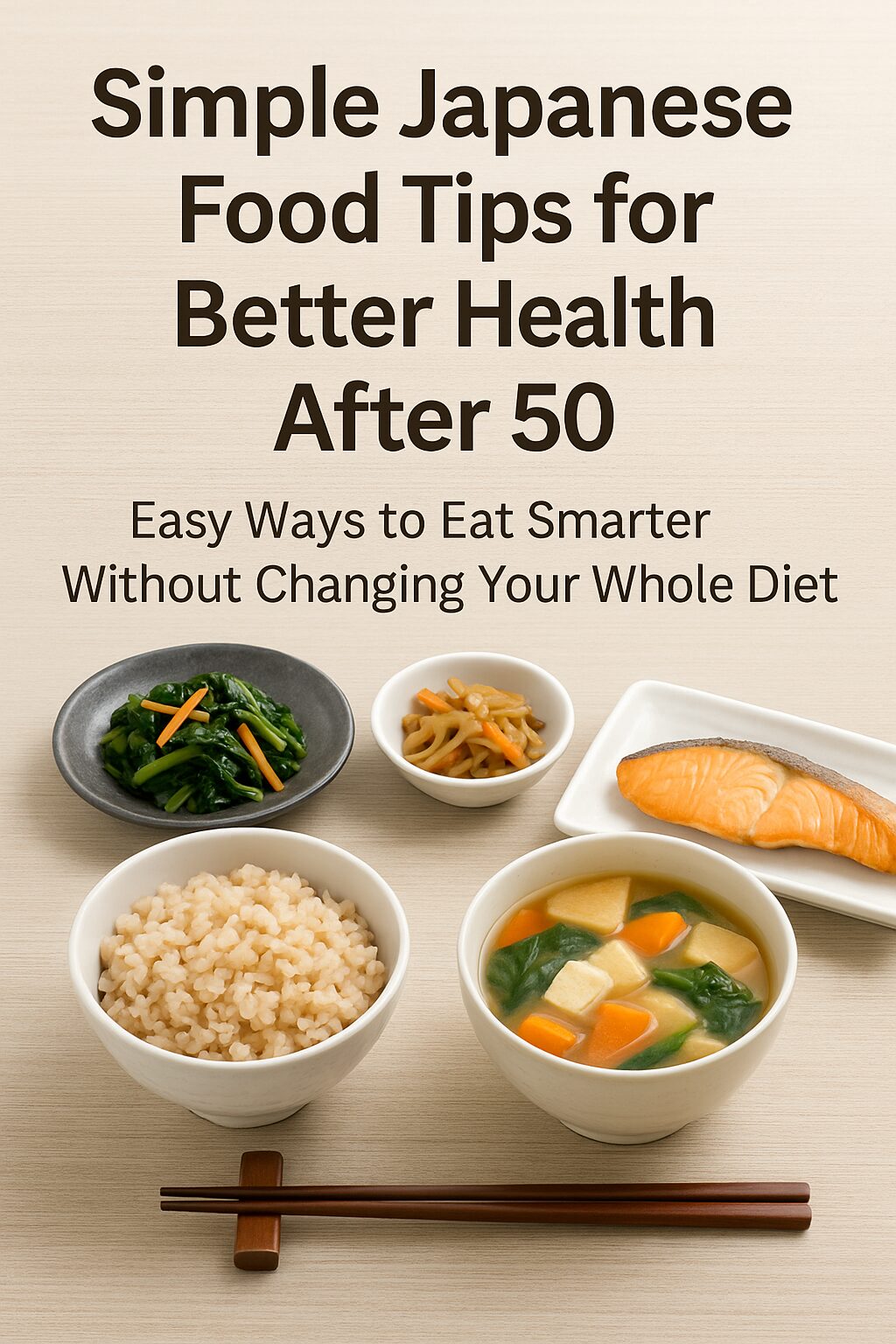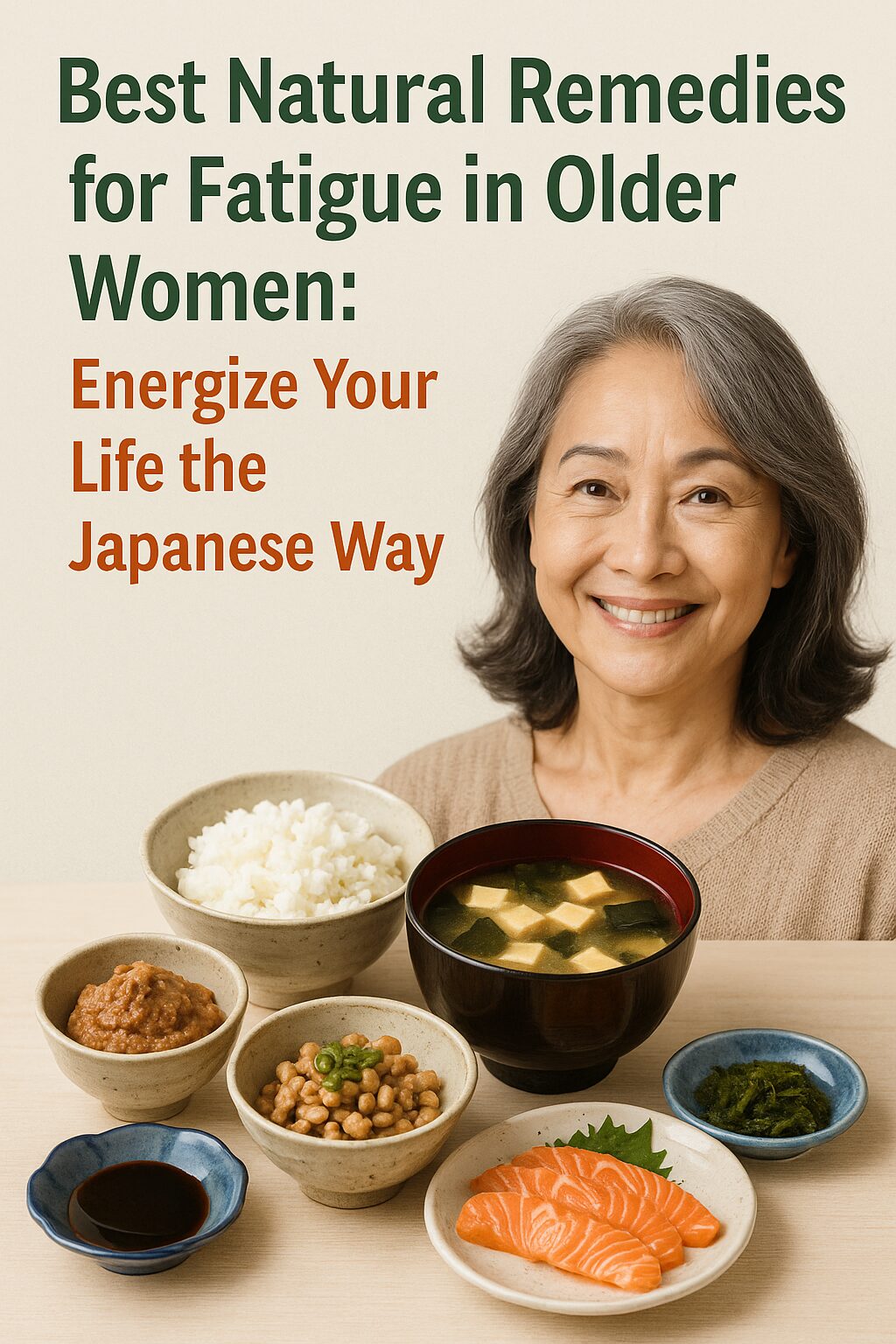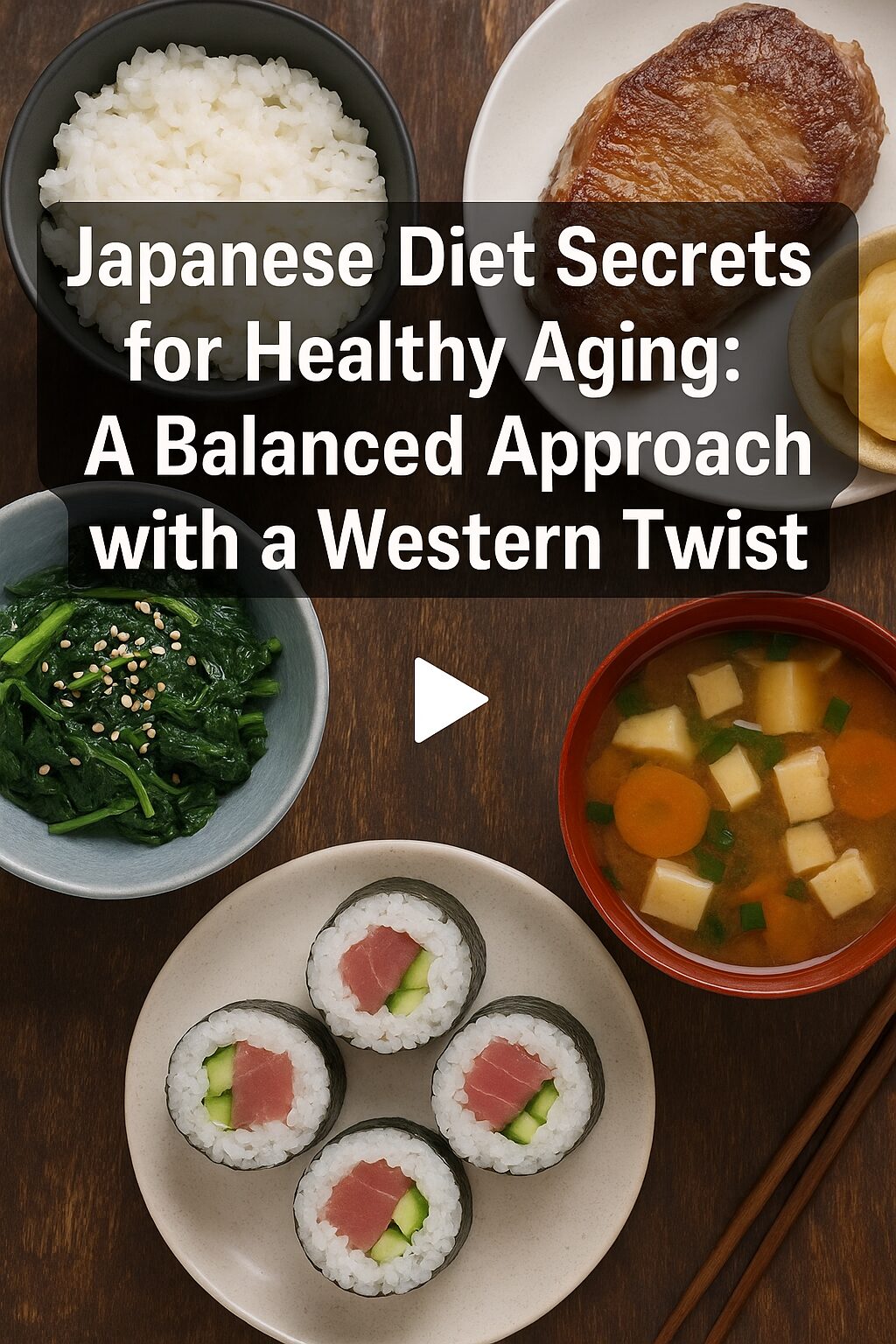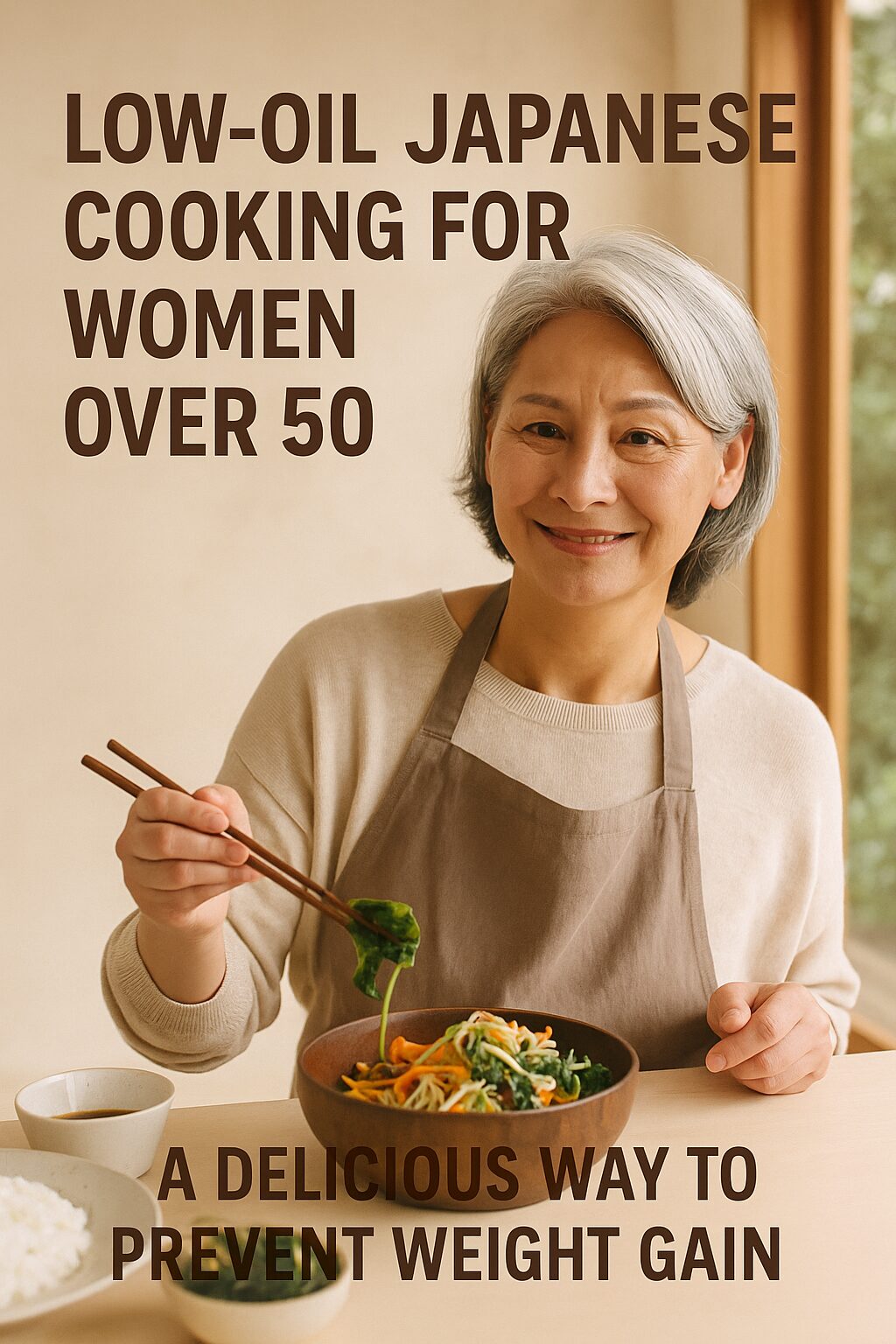Fatigue seems to sneak up more often after 50, doesn’t it? You’re not alone. Many women find themselves feeling unusually tired—even when they’re not doing anything particularly strenuous. But before you assume it’s “just age,” know this: there are natural, effective ways to reclaim your energy and vitality.
Let’s explore simple, science-backed lifestyle changes that can help you feel more energized—no extreme diets, no punishing workouts, and no risky medications. Just gentle, sustainable habits that align with your body’s natural rhythms.
Why Women Over 50 Often Feel Tired — And What You Can Do About It
Hormonal Shifts and Energy
One of the most common but often overlooked reasons for persistent fatigue after 50 is hormonal change—particularly the drop in estrogen and progesterone during menopause. These hormones affect sleep quality, metabolism, mood, and even how your cells produce energy.
When hormone production declines, your body may struggle to maintain the same level of vitality you once had. That’s why many women feel “off” or chronically tired, even when blood tests come back normal.
👉 Learn more about how to regain energy during menopause naturally on our blog.
Beyond Hormones: Lifestyle and Nutrient Gaps
Other factors include:
-
Poor sleep quality
-
Nutrient deficiencies (like iron, B12, or magnesium)
-
Chronic stress
-
Sedentary lifestyle
-
Blood sugar imbalances
The good news? These are all areas you can influence with simple daily changes.
Eat Smart: Natural Foods That Boost Energy After 50
Focus on Nutrient Density
Food is fuel, especially after 50. Prioritize nutrient-dense choices like:
-
Leafy greens (iron, magnesium)
-
Legumes (protein and fiber)
-
Oily fish (omega-3s for brain and hormone support)
-
Fermented foods (gut health and nutrient absorption)
If you’re not into cooking, check out our tips on how to eat healthy without cooking.
Choose Complex Carbs and Healthy Fats
Avoid blood sugar crashes by switching from refined carbs to whole grains, sweet potatoes, and healthy fats like avocado and olive oil. These foods support steady energy throughout the day.
Stay Hydrated
Even mild dehydration can sap your energy. Sip water consistently throughout the day. Adding electrolytes or herbal teas can help maintain balance without added sugar.
Move Gently: Light Exercise Routines That Reignite Your Vitality
Walk Your Way to More Energy
A brisk 20-minute walk can do wonders for circulation, mood, and energy. Unlike intense cardio, light aerobic activity supports your adrenal system instead of stressing it.
Stretch, Breathe, and Strengthen
Try these energy-boosting movements:
-
Gentle yoga or tai chi
-
Light resistance training (great for bone health, too)
-
Deep breathing exercises for oxygenation and stress relief
Even 10–15 minutes a day makes a difference. The key is consistency, not intensity.
💡 You might also enjoy our article on how to improve blood circulation naturally.
Sleep Better, Feel Better: Restorative Sleep Habits for More Energy
Rethink Your Sleep Routine
Poor sleep isn’t just exhausting—it disrupts your body’s repair processes. Try setting a consistent bedtime and creating a wind-down ritual (dim lights, no screens, gentle music or reading).
Address Hormone-Related Sleep Disruptions
Many women over 50 experience fragmented sleep due to night sweats or anxiety. Natural remedies like magnesium glycinate or herbal teas (like chamomile or valerian) can help, but addressing the root cause—hormonal imbalance—can be more effective.
For more, check out how to fall asleep fast during menopause.
Try Natural Supplements That Support Hormonal Balance and Energy
Nourish Your Body from Within
Your body still wants to thrive—it just needs a little help. Natural supplements can fill the gaps left by hormonal changes and nutritional deficiencies.
One supplement that many women have found helpful is Juveriente® Effisoy®. Unlike many menopause products that simply mask symptoms, Effisoy works by restoring the body’s ability to naturally produce hormones like DHEA. This helps counteract age-related fatigue from the inside out, supporting a return to your natural energy baseline.
Effisoy is inspired by the diets of Japanese women—who often report milder menopause symptoms. It contains fermented soy isoflavones in aglycone form, which are more easily absorbed and effective than regular soy extracts.
Other Natural Options to Consider
-
Vitamin B-complex for cellular energy production
-
Ashwagandha for stress and adrenal support
-
CoQ10 to support mitochondrial function
-
Magnesium for sleep, muscle relaxation, and blood sugar balance
🛒 You can find Effisoy on Amazon as well.
Always consult a healthcare provider before starting any new supplement—especially if you’re on medications or managing a condition.
Final Thoughts: Gentle Adjustments, Powerful Results
Fatigue after 50 doesn’t have to be your new normal. By tuning into your body’s needs and making a few smart, natural adjustments—what you eat, how you move, how you sleep, and what supplements you choose—you can feel more like yourself again.
Start with just one habit today. A nourishing breakfast. A short walk. A moment of stillness before bed. These little shifts build over time—and your energy will, too.
✅ Want more tips? Browse our blog at Juveriente® Health Blog
Juveriente Effisoy: A Natural Solution for Hormonal Balance and Energy Restoration
Juveriente®’s Effisoy® offers a natural solution to combat age-related fatigue by supporting hormonal balance. Launched in 2016, Effisoy® is based on fermented soybean germ extract, a traditional Japanese ingredient known for its potential to ease menopause symptoms and improve overall vitality.
Effisoy® works by boosting the body’s natural synthesis of DHEA, a hormone precursor crucial for maintaining balanced hormone levels. As we age, the body’s ability to produce DHEA declines, contributing to symptoms of fatigue and decreased energy. Effisoy® helps restore this balance by enhancing the body’s own hormone production processes. It supports hormonal balance safely, without introducing external hormones, allowing your body to regulate its hormone composition naturally.
This balance not only aids in reducing age-related fatigue but also promotes healthier skin and overall well-being. While Effisoy® benefits both men and women, it has become especially popular among women experiencing menopause, helping to alleviate symptoms like fatigue, mood swings, and skin aging.
By addressing the hormonal changes associated with aging, Juveriente®’s Effisoy® provides a natural and effective way to restore energy levels and combat age-related fatigue, helping you feel more vibrant and energized as you age.
Here are some of the real product reviews in our Amazon shop.
“Restful sleep finally!!”, “I Am Now Free of Hot Flashes!!”, “Lifesaver”



